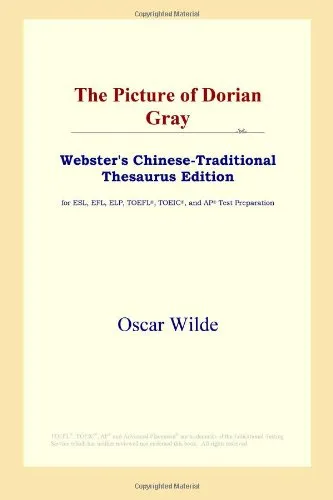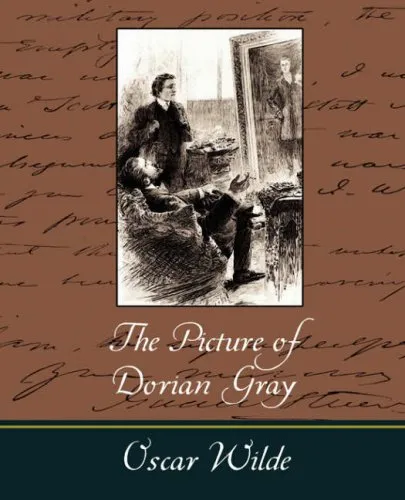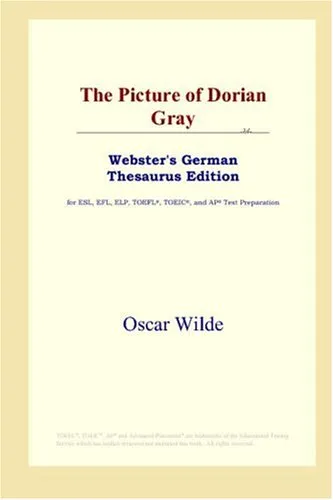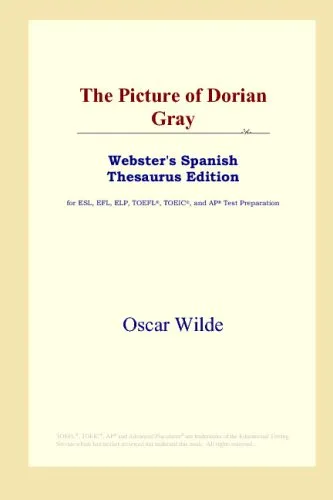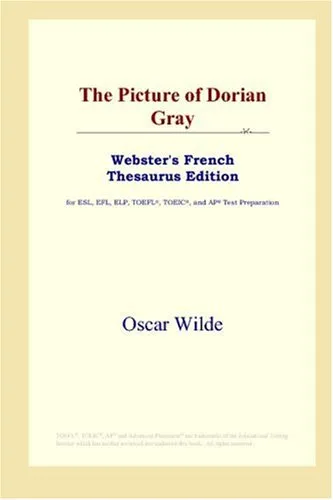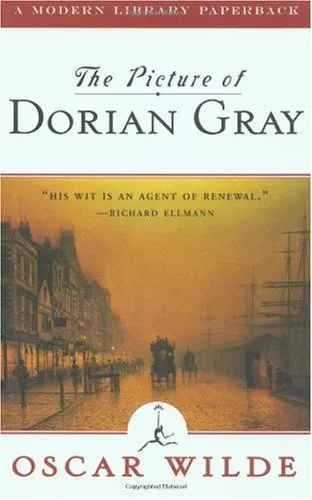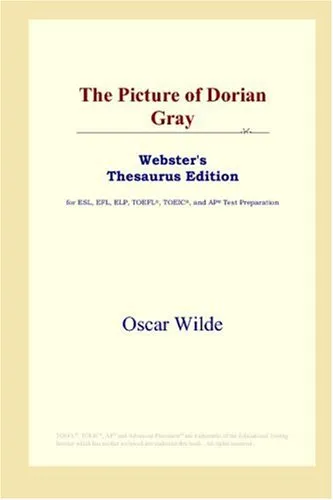The Picture of Dorian Gray
4.1
Reviews from our users

You Can Ask your questions from this book's AI after Login
Each download or ask from book AI costs 2 points. To earn more free points, please visit the Points Guide Page and complete some valuable actions.Related Refrences:
Persian Summary
Introduction
Oscar Wilde's novel, The Picture of Dorian Gray, is a classic parable of hubris and mortality. Set in the opulent world of Victorian England, it tells the tale of a young man's journey into darkness, driven by a seductive belief in eternal youth and beauty.
Detailed Summary of the Book
Published in 1890, The Picture of Dorian Gray focuses on the young and beautiful Dorian Gray, who becomes the subject of a portrait by the talented artist, Basil Hallward. Upon seeing the finished painting, Dorian makes a fateful wish: that he might remain forever young, while the painting bears the weight of age and sin. As Dorian descends into a life of hedonism and debauchery, influenced by the aristocratic Lord Henry Wotton, his wish comes true. The portrait, hidden away in his home, becomes a constant reminder of his inner corruption, even as he maintains an outward appearance of innocence and charm. As the years pass, Dorian engages in increasingly immoral acts, driven by a narcissistic quest to experience life's pleasures without consequence. The portrait becomes grotesque, reflecting every sin and transgression. The story reaches its climax as Dorian faces the dire consequences of his wish, ultimately trying to destroy the piece of art that holds his dark secret with devastating results.
Key Takeaways
The Picture of Dorian Gray presents complex themes that continue to resonate with readers. It explores the relationship between art and morality, the transient nature of beauty, and the destructive power of vanity and unchecked desires. Wilde's critique of the superficial values of Victorian society is masterfully woven into the narrative, challenging readers to consider the implications of a life devoted solely to aesthetic pleasures.
Dorian's transformation from an innocent young man to someone morally corrupt asks readers to reflect on the nature of the soul, the impact of choices, and the true cost of living without regard for ethical consequences. The novel's exploration of these themes remains relevant, illustrating how external beauty can mask internal decay.
Famous Quotes from the Book
- “The only way to get rid of a temptation is to yield to it.”
- “You will always be fond of me. I represent to you all the sins you have never had the courage to commit.”
- “Experience is merely the name men gave to their mistakes.”
- “The books that the world calls immoral are books that show the world its own shame.”
Why This Book Matters
The Picture of Dorian Gray remains a seminal work, inviting analysis and discussion among scholars, critics, and the general public alike. Its exploration of the duality of human nature, the interplay of aestheticism and morality, and the eternal quest for youth make it a timeless novel that challenges societal norms and personal ethics.
Oscar Wilde's witty, yet cautionary, prose provides a mirror to Victorian society and continues to offer insights into contemporary culture, emphasizing the enduring relevance of its themes. The novel stands as a profound piece of literature that questions what is seen on the surface versus the reality that lies beneath.
Free Direct Download
You Can Download this book after Login
Accessing books through legal platforms and public libraries not only supports the rights of authors and publishers but also contributes to the sustainability of reading culture. Before downloading, please take a moment to consider these options.
Find this book on other platforms:
WorldCat helps you find books in libraries worldwide.
See ratings, reviews, and discussions on Goodreads.
Find and buy rare or used books on AbeBooks.
1533
بازدید4.1
امتیاز0
نظر98%
رضایتReviews:
4.1
Based on 0 users review
Questions & Answers
Ask questions about this book or help others by answering
No questions yet. Be the first to ask!
